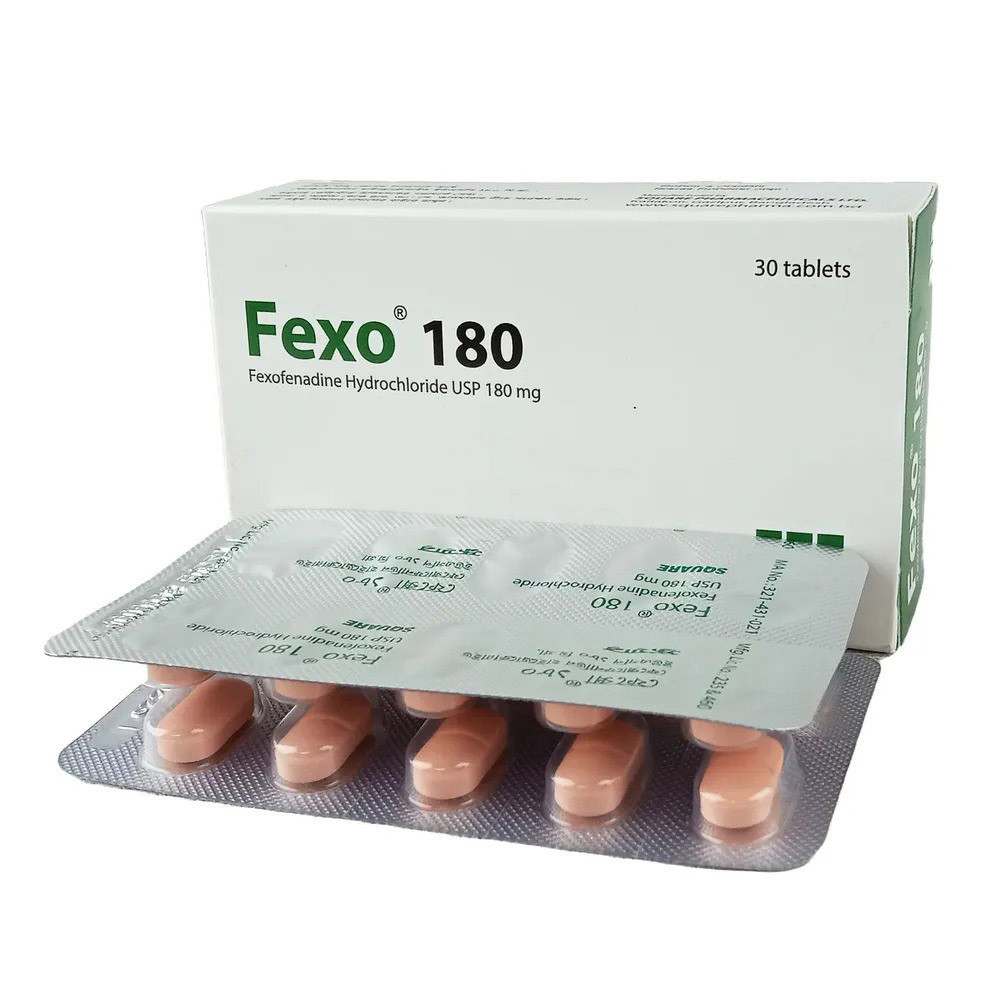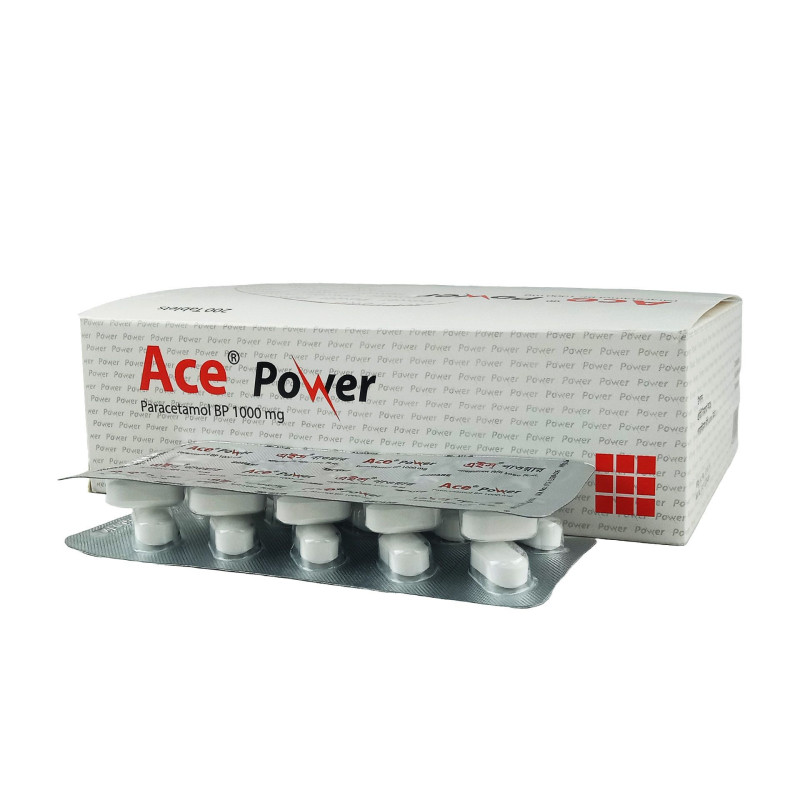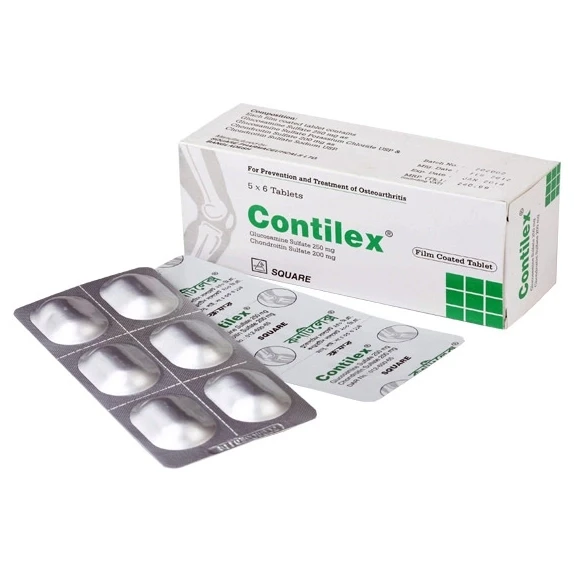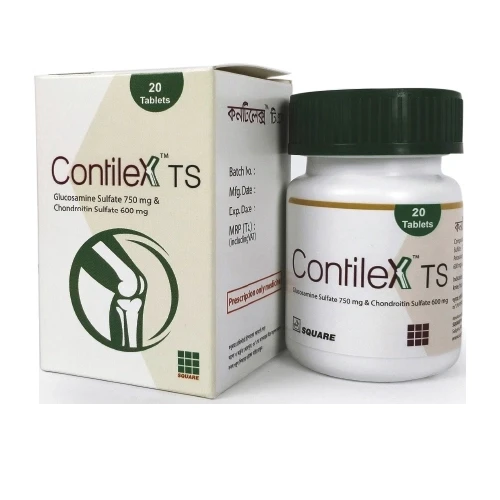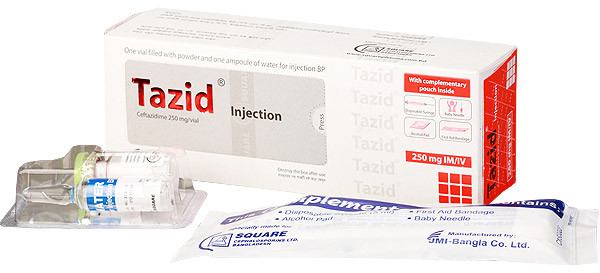

Ticalog Tablet, Ticagrelor 90 mg
Inhouse product
-
৳11.40
৳12.00 -
৳42.75
৳45.00 -
৳16.63
৳17.50 -
৳2.14
৳2.25
Reviews & Ratings
Indications
Ticalog,
co-administered with acetylsalicylic acid (ASA), is indicated for the
prevention of atherothrombotic events in adult patients with acute coronary
syndromes (ACS) or a history of myocardial infarction (MI) and a high risk of
developing an atherothrombotic event.
* রেজিস্টার্ড চিকিৎসকের পরামর্শ মোতাবেক ঔষধ সেবন করুন'
Pharmacology
Ticagrelor is a P2Y12 receptor
antagonist. The P2Y12 receptor couples with Gαi2 and
other Gi proteins which inhibit adenylyl cyclase. Gi mediated
signalling also activates PI3K, Akt, Rap1b, and potassium channels. The
downstream effects of these activities mediate hemostasis and lead to platelet
aggregation. Antagonism of the P2Y12 receptor reduces
development of occlusive thromboses, which can reduce the risk of myocardial
infarction and ischemic stroke.
Dosage &
Administration
Patients taking
Ticagrelor should also take a daily low maintenance dose of acetylsalicylic acid
(ASA) 75-150 mg unless specifically contraindicated.
Acute coronary
syndromes: Ticagrelor treatment
should be initiated with a single 180 mg loading dose (two tablets of 90 mg)
and then continued at 90 mg twice daily. Treatment with Ticagrelor twice daily
is recommended for 12 months in ACS patients unless discontinuation is
clinically indicated.
History of myocardial
infarction: Ticagrelor 60 mg
twice daily is the recommended dose when an extended treatment is required for
patients with a history of MI of at least one year and a high risk of an
atherothrombotic event. Treatment may be started without interruption as
continuation therapy after the initial one-year treatment with ticagrelor or
another adenosine diphosphate (ADP) receptor inhibitor therapy in ACS patients
with a high risk of an atherothrombotic event. Treatment can also be initiated
up to 2 years from the MI, or within one year after stopping previous ADP
receptor inhibitor treatment. There are limited data on the efficacy and safety
of ticagrelor beyond 3 years of extended treatment.
Switch therapy: If a switch is needed, the first dose of
ticagrelor should be administered 24 hours following the last dose of the other
antiplatelet medication.
Missed dose: A patient who misses a dose of ticagrelor
should take only one tablet (their next dose) at its scheduled time.
Elderly: No dose adjustment is required in the
elderly.
Renal impairment: No dose adjustment is necessary for patients
with renal impairment. No information is available concerning the treatment of
patients on renal dialysis and therefore ticagrelor is not recommended in these
patients.
Hepatic impairment: Ticagrelor has not been studied in patients
with severe hepatic impairment and its use in these patients is therefore contraindicated.
Only limited information is available in patients with moderate hepatic
impairment. Dose adjustment is not recommended, but ticagrelor should be used
with caution. No dose adjustment is necessary for patients with mild hepatic
impairment.
Pediatric population: The safety and efficacy of ticagrelor in
hildren below the age of 18 years have not been established. No data are
available. Ticagrelor can be administered with or without food.
Contra-indications, warnings etc.
* রেজিস্টার্ড চিকিৎসকের পরামর্শ মোতাবেক ঔষধ সেবন করুন'
Interaction
Effects of medicinal
and other products on Ticalog;
CYP3A4 inhibitors: Concomitant use of strong CYP3A4
clarithromycin, nefazodone, ritonavir, and atazanavir) inhibitors with Ticalog
is contraindicated.
CYP3A inducers: Co-administration of Ticalog with potent
CYP3A inducers (rifampicin)may decrease exposure and efficacy of Ticalog,
therefore, their concomitant use with Ticalog is discouraged.
Cyclosporine (P-gp and
CYP3A inhibitor): No data are
available on concomitant use of Ticalog with other active substances that also
are potent P-gp inhibitors and moderate CYP3A4 inhibitors (e.g. verapamil,
quinidine) that also may increase Ticalog exposure. If the association cannot
be avoided, their concomitant use should be made with caution.
Effects of Ticalog on
other medicinal products:
Medicinal products metabolised by CYP3A4: The concomitant use of Ticalog with
doses of simvastatin or lovastatin greater than 40 mg is not recommended. Atorvastatin:
Co-administration of atorvastatin and Ticalog increased atorvastatin acid Cmax
by 23% and AUC by 36%. Similar increases in AUC and Cmax were observed for all
atorvastatin acid metabolites. These increases are not considered clinically
significant. Ticalog is a mild CYP3A4 inhibitor. Co-administration of Ticalog
and CYP3A4 substrates with narrow therapeutic indices (i.e. cisapride or ergot
alkaloids) is not recommended, as Ticalog may increase the exposure to this
medicinal products.
P-gp substrates
(including digoxin, cyclosporine): Appropriate clinical and/or laboratory monitoring is
recommended when giving narrow therapeutic index P-gp dependent medicinal
products like digoxin concomitantly with Ticalog.
Medicinal products
metabolised by CYP2C9: Co-administration of
Ticalog with tolbutamide resulted in no change in the plasma levels of either
medicinal product, which suggests that Ticalog is not a CYP2C9 inhibitor and
unlikely to alter the CYP2C9 mediated metabolism of medicinal products like warfarin
and tolbutamide.
Oral contraceptives: No clinically relevant effect on oral
contraceptive efficacy is expected when levonorgestrel and ethinyl estradiol is
co-administered with Ticalog.
Medicinal products
known to induce bradycardia:
No evidence of clinically significant adverse reactions were observed in the
PLATO trial after concomitant administration with one or more medicinal
products known to induce bradycardia (e.g. 96% beta blockers, 33% calcium
channel blockers diltiazem and verapamil, and 4% digoxin).
Other concomitant
therapy: No evidence of
clinically significant adverse interactions with these medicinal products
(acetylsalicylic acid, proton pump inhibitors, statins, beta-blockers,
angiotensin-converting enzyme (ACE) inhibitors and angiotensin receptor
blockers) was observed. Due to potential pharmacodynamic interactions, caution
should be exercised with the concomitant administration of Ticalog with
medicinal products (heparin, enoxaparin or desmopressin) known to alter
haemostasis. Due to reports of cutaneous bleeding abnormalities with SSRIs
(e.g. paroxetine, sertraline and citalopram), caution is advised when
administering SSRIs with Ticalog as this may increase the risk of bleeding.
Contraindications
Hypersensitivity to
the active substance or to any of the excipients, active pathological bleeding,
history of intracranial haemorrhage, severe hepatic impairment.
Side Effects
Very Common: Blood
disorder bleedings, Hyperuricaemia, Dyspnoea. Common: Gout/Gouty Arthritis,
Dizziness, Syncope, Headache, Vertigo, Hypotension, Respiratory system
bleedings, Gastrointestinal haemorrhage, Diarrhoea, Nausea, Dyspepsia,
Constipation, Subcutaneous or dermal bleeding, Rash, Pruritus, Urinary tract
bleeding, Blood creatinine increased, Postprocedural haemorrhage, Traumatic
bleedings. Uncommon: Tumour bleedings, Hypersensitivity including angioedema,
Confusion, Intracranial haemorrhage, Eye haemorrhage, Ear haemorrhage,
Retroperitoneal haemorrhage, Muscular bleedings.
Pregnancy &
Lactation
Ticagrelor is not
recommended during pregnancy. Available pharmacodynamic/toxicological data in
animals have shown excretion of ticagrelor and its active metabolites in milk.
A risk to newborns/infants cannot be excluded. A decision must be made whether
to discontinue breast-feeding or to discontinue/abstain from ticagrelor therapy
taking into account the benefit of breast-feeding for the child and the benefit
of therapy for the woman.
Precautions &
Warnings
Bleeding risk: The use of Ticalog in patients at known
increased risk for bleeding should be balanced against the benefit in terms of
prevention of atherothrombotic events. If clinically indicated, Ticalog should
be used with caution in the following patient groups; Patients with a
propensity to bleed (e.g. due to recent trauma, recent surgery, coagulation
disorders, active or recent gastrointestinal bleeding). Antifibrinolytic
therapy (aminocaproic acid or tranexamic acid) and/or recombinant factor VIIa
therapy may increase haemostasis. Ticalog may be resumed after the cause of
bleeding has been identified and controlled.
Surgery: Patients should be advised to inform
physicians and dentists that they are taking Ticalog before any surgery is
scheduled and before any new medicinal product is taken. If a patient is to
undergo elective surgery and the antiplatelet effect is not desired, Ticalog
should be discontinued 5 days prior to surgery.
Patients with prior
ischaemic stroke: ACS patients with
prior ischaemic stroke can be treated with Ticalog for up to 12 months. Patients
at risk for bradycardic events: Due to the limited clinical experience, Ticalog
should be used with caution in these patients.
Dyspnoea: Patients with asthma/chronic obstructive
pulmonary disease (COPD) may have an increased absolute risk of experiencing
dyspnoea with Ticalog. Ticalog should be used with caution in patients with a
history of asthma and/or COPD. Creatinine elevations: Creatinine levels may
increase during treatment with Ticalog. In patients with ACS, it is recommended
that renal function is also checked one month after initiating the treatment
with Ticalog, paying special attention to patients ≥75 years, patients with
moderate/severe renal impairment and those receiving concomitant treatment with
an angiotensin receptor blocker (ARB). Uric acid increase: Hyperuricaemia may
occur during treatment with Ticalog. Caution is advised in patients with a
history of hyperuricaemia or gouty arthritis. Other: Based on a relationship
observed in PLATO between maintenance dose of acetylsalicylic acid (ASA) and
relative efficacy of Ticalog compared to clopidogrel, co-administration of
Ticalog and high maintenance dose of acetylsalicylic acid (ASA) (>300 mg) is
not recommended.
Premature
discontinuation: Premature
discontinuation with any antiplatelet therapy, including Ticalog, could result
in an increased risk of cardiovascular (CV) death or MI due to the patient’s
underlying disease. Therefore, premature discontinuation of treatment should be
avoided.
Overdose Effects
Ticalog is well
tolerated in single doses up to 900 mg. Gastrointestinal toxicity was
dose-limiting in a single ascending dose study. Other clinically meaningful
adverse reactions which may occur with overdose include dyspnoea and
ventricular pauses.
Therapeutic Class
Anti-platelet drugs
Storage Conditions
Store in a cool and
dry place, protected from light.
Frequently Bought Products
Cipro-A Tablet, Ciprofloxacin 750 mg
Efaxim Tablet, Rifaximin 200 mg
Lecor Syrup 200ml, Patrangasav
Olmecar Tablet, Olmesartan Medoxomil 40 mg
Fast Tablet (10 tablets Strip), Paracetamol 500 mg
Phylopen DS Capsule, Flucloxacillin Sodium 500 mg
Dactus Tablet, Glimepiride 1 mg
Equra Cream 15gm tube, Urea 10% w/w
Product Queries (0)
Login Or Registerto submit your questions to seller
Other Questions
No none asked to seller yet
-
৳11.40
৳12.00 -
৳42.75
৳45.00 -
৳16.63
৳17.50 -
৳2.14
৳2.25
